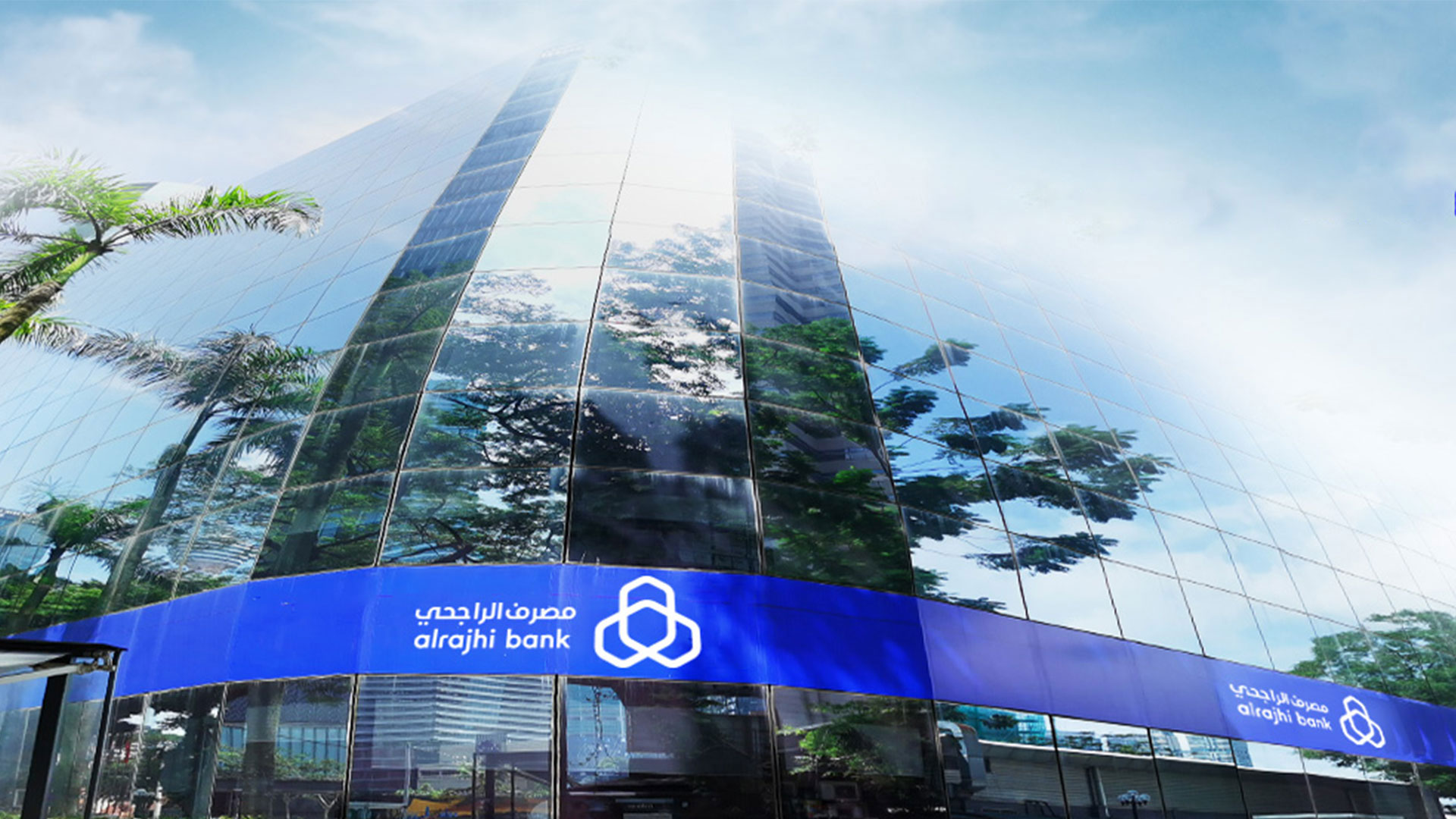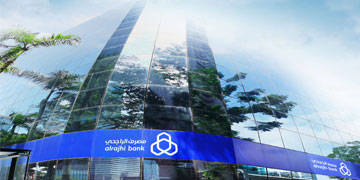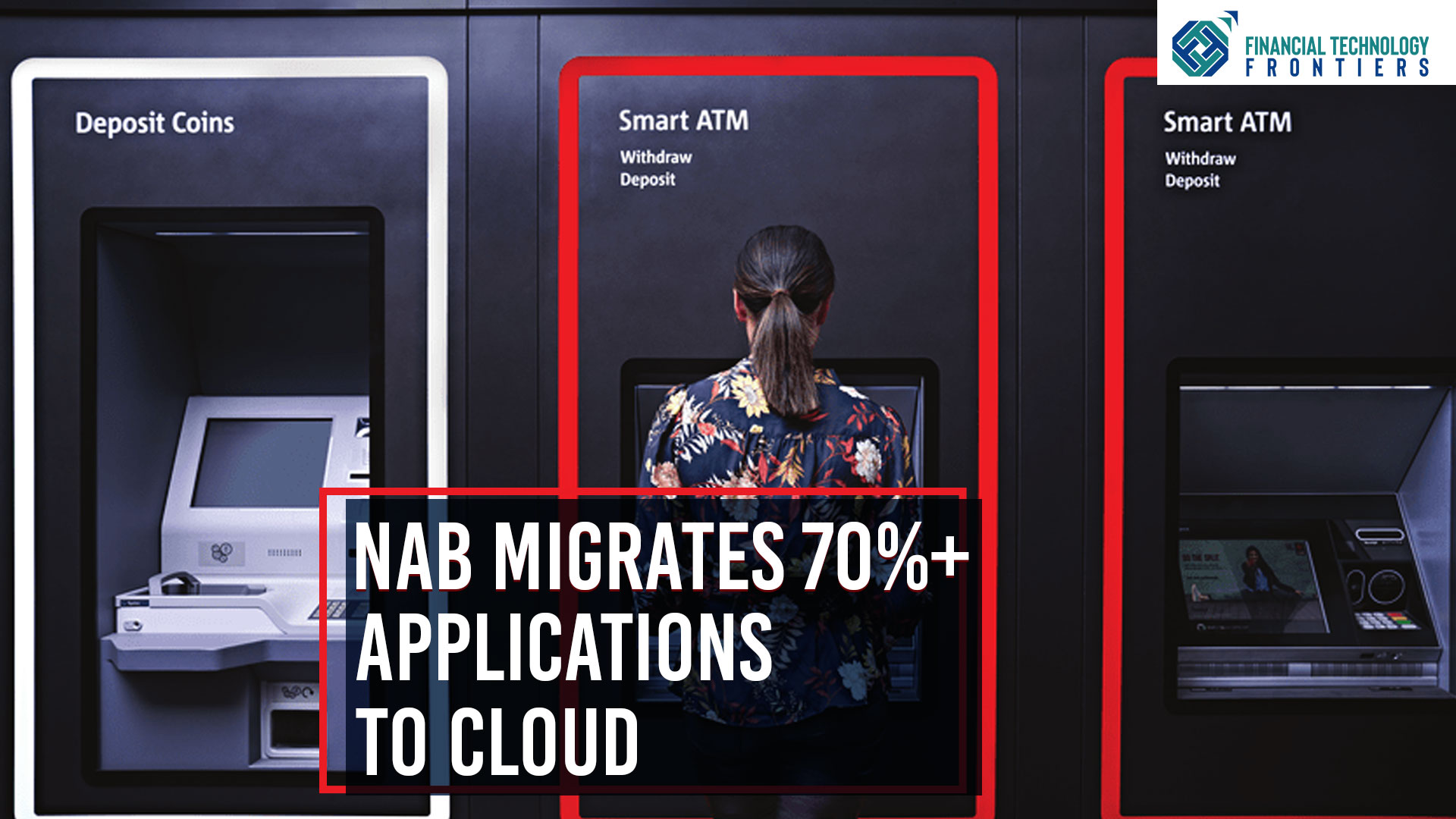Al Rajhi Bank of Saudi Arabia to use digitization to bridge the gap between a traditional Islamic bank and a highly tech-enabled banking institution:

Saudi Arabia’s Al Rajhi Bank took the pandemic as a challenge and completed a digitization journey that it had started earlier. As the pandemic struck, customers were looking for end-to-end digital solutions that not only provided efficient accessibility, but also helped them better manage financial transactions in an increasingly cashless society. The bank started 2021 focusing on shifting its digital value proposition from execution to action and insights, and providing the best customer experience.
KEY ACHIEVEMENTS
The bank has, in the background of disruptions caused by the pandemic, brought transformational changes in its operations and customer offerings supported by a digital infrastructure and a flexible workforce. It has highlighted some of the key achievements as:
- 9.7 million active digital banking customers
- An aggressive 145% yoy growth in digital onboarding with 90% of all retail customer accounts opened during the year opened via digital channels
- Payroll solutions for e-business customers
- A high performing, rapidly evolving mobile ecosystem with both the best-rated retail and business banking mobile apps in the Kingdom
- Delivery and roll out of end-to-end digitized mortgage and auto lease financing solutions
- A 275% increase in assets powered by digitized personal finance products.
The bank, often called Alrajhi Bank, is today the largest bank in the Middle East and Saudi Arabia. Founded in 1957, it is also the world’s largest Islamic bank. It has total assets of SAR 710 billion, a paid-up capital of SAR 40 billion (US$ 10.66 billion) and an employee base of over 9300. The Sharia compliant banking group is instrumental in bridging the gap between modern financial demands and Sharia intrinsic values, even while operating as a modern-day tech enterprise. It has branches in Kuwait and Jordan and subsidiaries in Malaysia and Syria.
In 2021, the digitally active customers of the bank constituted more than 80% of the total active customer base. Digital channels contributed significantly to key businesses; 85% of all remittance transactions and 83% of SADAD payments were executed via digital channels, while 80% of all cards issued by the bank were also applied for via digital channels.
ONE-MINUTE-APPROACH
The bank has introduced a ‘One Minute Approach’ to facilitate end-to-end transactions and services within 1 minute. Credit cards, digital wallets and the bank’s flagship Watani 1 product are among the first to go live with the near-instantaneous one-minute approach, while the agility upgrade for Watani 2 and Watani 3 as well as Takaful Protection and Savings products, mortgage top-ups, Emkan products and a few refinance options are now being developed.
The bank has also adopted open banking system enabling secure interoperability between the bank and other financial and third-party service providers through retail as well as e-business platforms.
The bank has evolved a ‘Bank of the Future’ strategy to use technology and become the Best Digital Bank by 2023. It expects that the strategy will move it from a position as a Digital Challenger to that of a Global Digital Leader. It plans to increase its active users through continuously improving customer journeys, focusing on the Voice of the Customer, continuous regional and global benchmarking, new technical enablers and benchmarked talent. For Corporate Banking customers, it is setting up a Business Hub that aims to introduce new services provided by third parties.
One key initiative under this strategy is a major upgrade to the bank’s highly rated mobile banking ecosystem. The proposal is to install an offline data vault in Jeddah, a second Cyber Recovery Site (CRS) to protect against cyber attacks and an automated testing and deployment process upgrade of the internal API Factory in order to enhance time to market.
PAYMENT SOLUTIONS STACK
The bank has set up Neoleap, an end-to-end digital payments solutions for customers that include a digital wallet, payment gateway, PoS, third-party service integration and much more, Neoleap has created a new synergy with the bank’s subsidiaries and created capabilities to effectively and successfully compete with new entrants and fintechs.
The bank has implemented Oracle Risk and Finance solutions aligning treasury, risk and finance ensuring that everyone is speaking the same language and strengthening reporting agility and accuracy across the bank and reducing the need for human intervention.
DIGITAL BANK IN MALAYSIA
Meanwhile, the bank’s wholly-owned subsidiary in Malaysia, Al Rajhi Bank Malaysia, has launched a standalone, purely digital business with its own tech stack. Called Rize, the new bank is being built on cloud, including its core banking system, and it will rely on embedding partners’ products and capabilities to service its clients. The bank will focus on mass and mass-affluent retail and small businesses and offer a host of services, including deposits, withdrawals and transfers, account management, personal finance management, ATM services, e-statements and personal financing. The Rize app also includes savings pots as an exclusive feature in Malaysia that no other financial institution or fintech player offers.
_)_______
Email us at: info@fintechfrontiers.live
This article has been compiled based on publicly available information on the web, particularly the bank’s own website.




